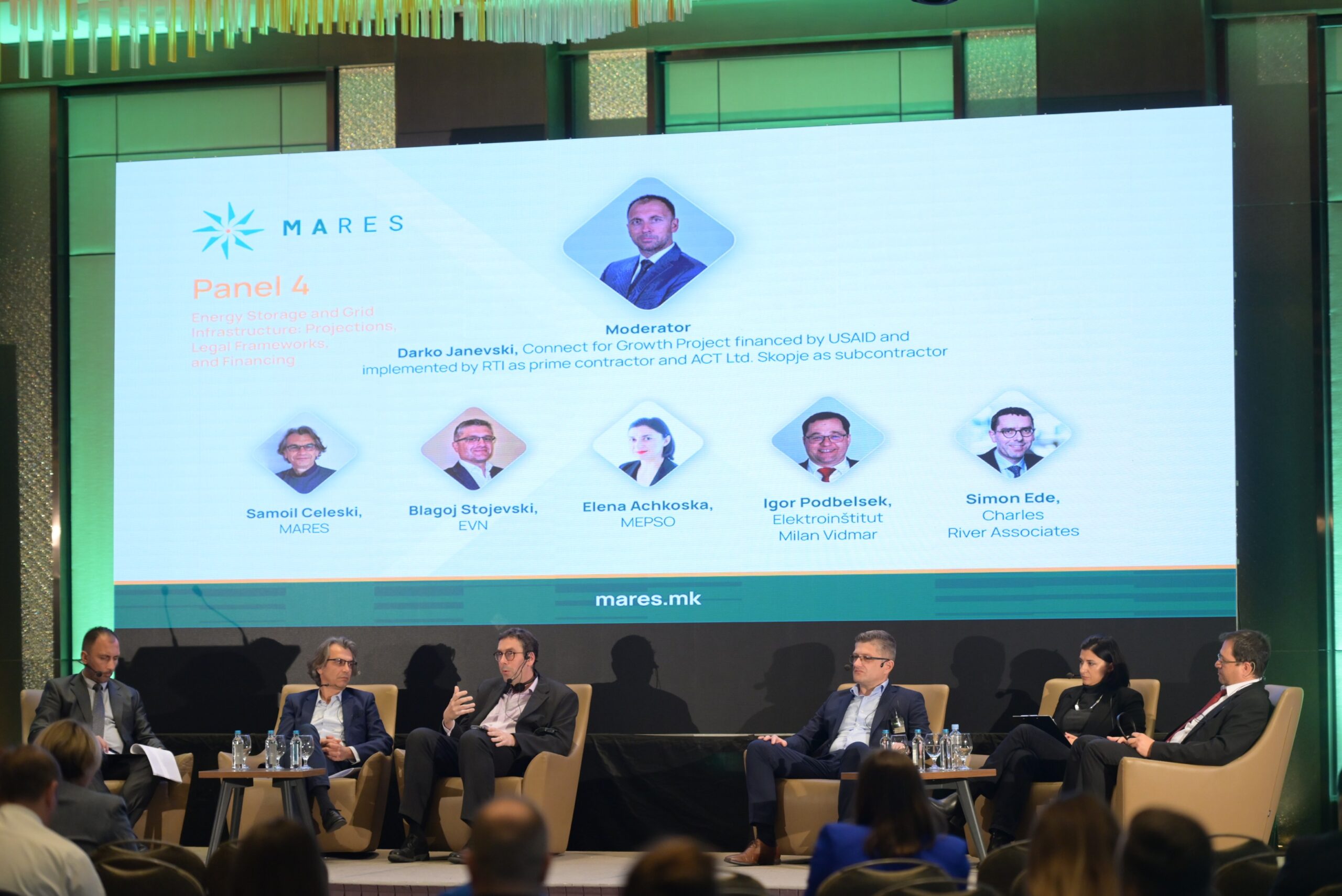
Panel 4 Recap: “Energy Storage and Grid Infrastructure: Projections, Legal Frameworks, and Financing”- MARES Conference 2024
The fourth panel focused on energy storage and infrastructure, moderated by Darko Janevski, Connect for Growth Project financed by USAID and implemented by RTI as prime contractor and ACT Ltd. Skopje as subcontractor. It was emphasized that effective coordination and collaboration between system operators and investors are essential. With the increasing capacity of renewable energy sources (RES), solutions that ensure the stability of energy systems are becoming increasingly necessary.
The discussion highlighted the critical role of storage capacities, emphasizing the need for prompt and appropriate regulations to enable seamless development and issuance of permits for constructing battery storage facilities. The development of smart grids was also identified as a priority, as they are key to more efficient energy use, optimizing grid capacities, and enhancing grid resilience, providing direct benefits to end-users. Additionally, it was noted that battery storage is not the only solution—diverse and advanced storage technologies are needed to provide greater support and versatility.
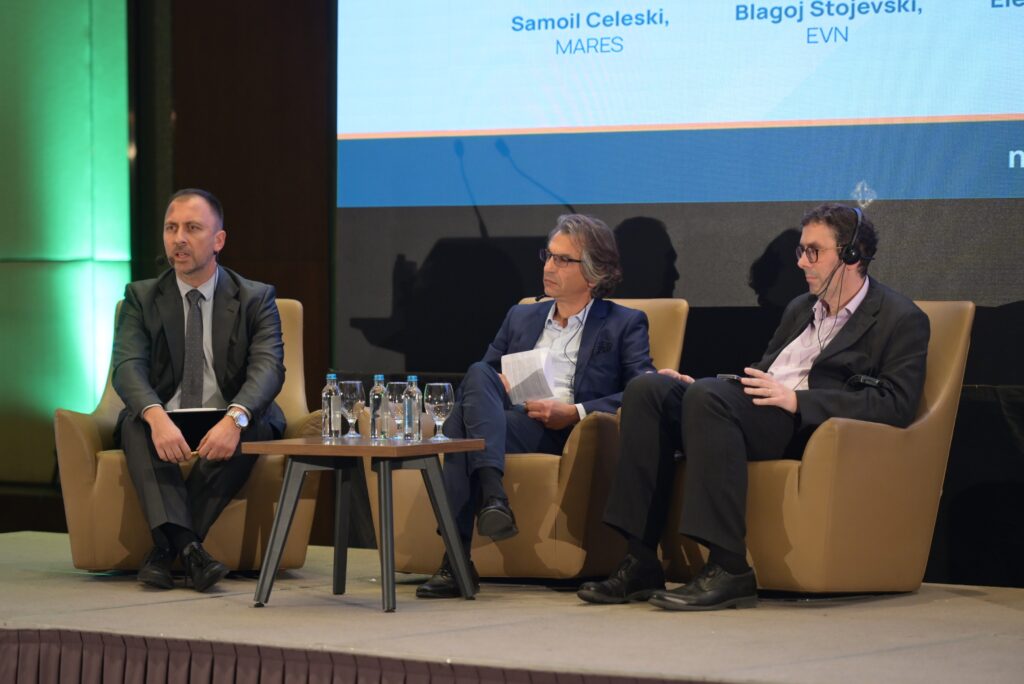
Simon Ede, Vice President – Energy Practice at Charles River Associates, stressed that energy storage is a fundamental element for a successful energy transition. He explained that modernizing infrastructure is necessary for effectively managing variable energy sources like solar and wind power. Ide highlighted that without efficient storage, these sources cannot reach their full potential and impact. Additionally, he pointed to the importance of a flexible legal framework to encourage private investments and provide security for potential investors in the sector.
Samoil Celeski, Board Member of MARES discussed the need for regional cooperation in developing energy storage and distribution capacities. He emphasized that North Macedonia should draw on good practices from neighboring countries to accelerate the development of its energy storage capabilities. Celeski stressed the importance of investing in new technologies and continuous innovations, which would help stabilize the energy grid and contribute to the country’s long-term energy independence.
Elena Achkoska, Senior Engineer for Long-term Planning at MEPSO highlighted MEPSO’s critical role in advancing the National Energy Development Strategy by integrating renewable energy sources (RES), addressing transmission network constraints, and prioritizing the development of energy storage infrastructure to balance demand during peak periods. She emphasized the importance of updated legislation to support these new technologies, alongside regulatory requirements for utilizing market-based mechanisms for balancing services and limiting energy storage ownership to fully integrated network components.
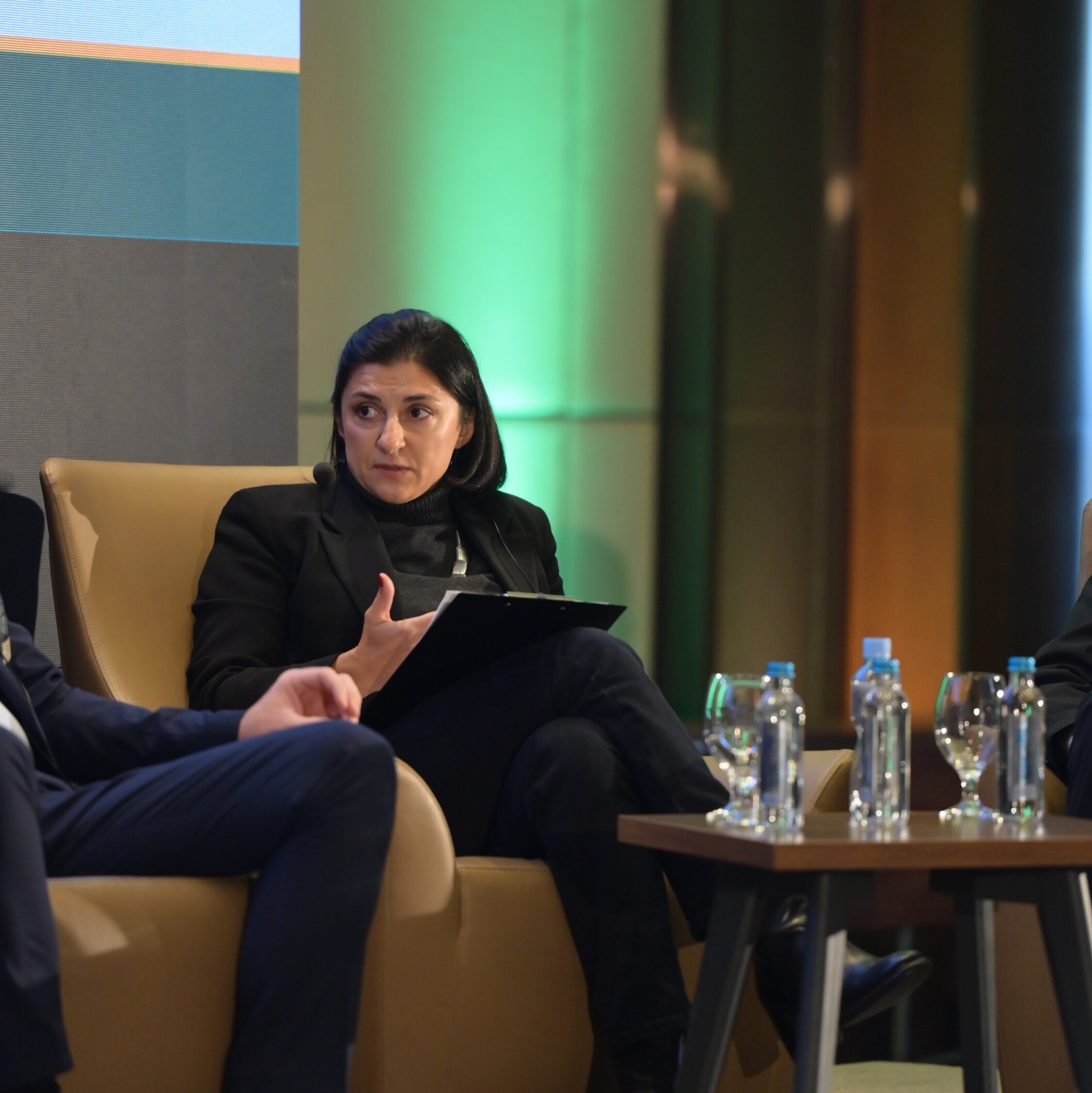
Blagoj Stojevski, Head of Department for Energy Policy at EVN emphasized the urgent need for substantial upgrades to North Macedonia’s distribution network to support the increasing integration of renewable energy producers and maintain grid stability. He noted that the Distribution System Operator’s (DSO) development plans account for connecting renewable electricity producers but depend heavily on the consent of the Transmission System Operator and the readiness of the transmission network. Stojevski highlighted that successful integration of renewable sources requires a well-structured approach, fostering close collaboration between system operators and relevant institutions to ensure optimal utilization of energy network capacities and strategic allocation of investment resources.
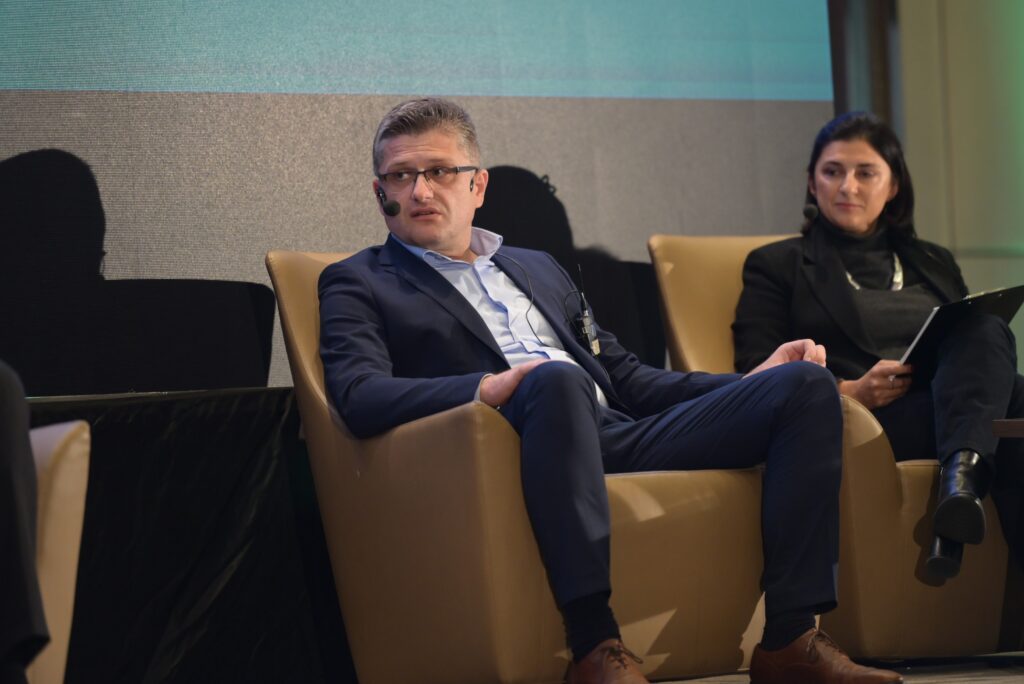
Igor Podbelšek, Head of Electric Power Systems Control and Operation Department at Elektroinštitut Milan Vidmar shared insights from Slovenia’s experience with the distribution network, emphasizing the importance of transparent regulations to enable flexibility and the growth of the green market. Podbelšek suggested that North Macedonia could leverage examples from other European countries to accelerate infrastructure development and the integration of renewables into the energy grid. He underscored that transparent regulations and long-term policies are essential for supporting flexibility in energy distribution.
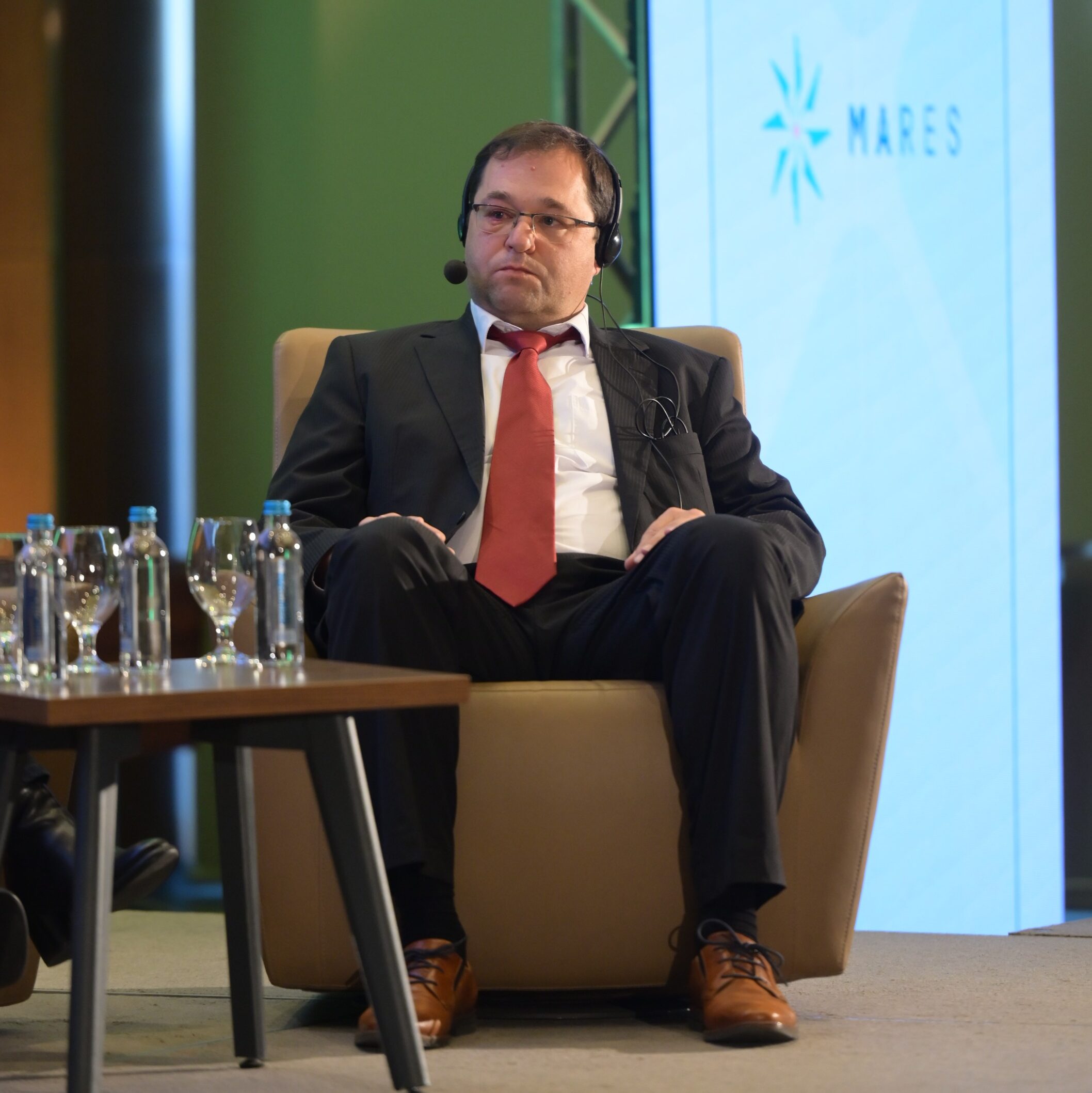
The MARES Conference 2024 ended with a closing address by Ana Kolevska, the General Secretary of MARES. She summarized the key discussions from the panels, focusing on the need for collaboration and solutions to support renewable energy and improve energy infrastructure. Ana thanked the participants, panelists, and partners for their input and highlighted the importance of ongoing efforts to improve energy systems.
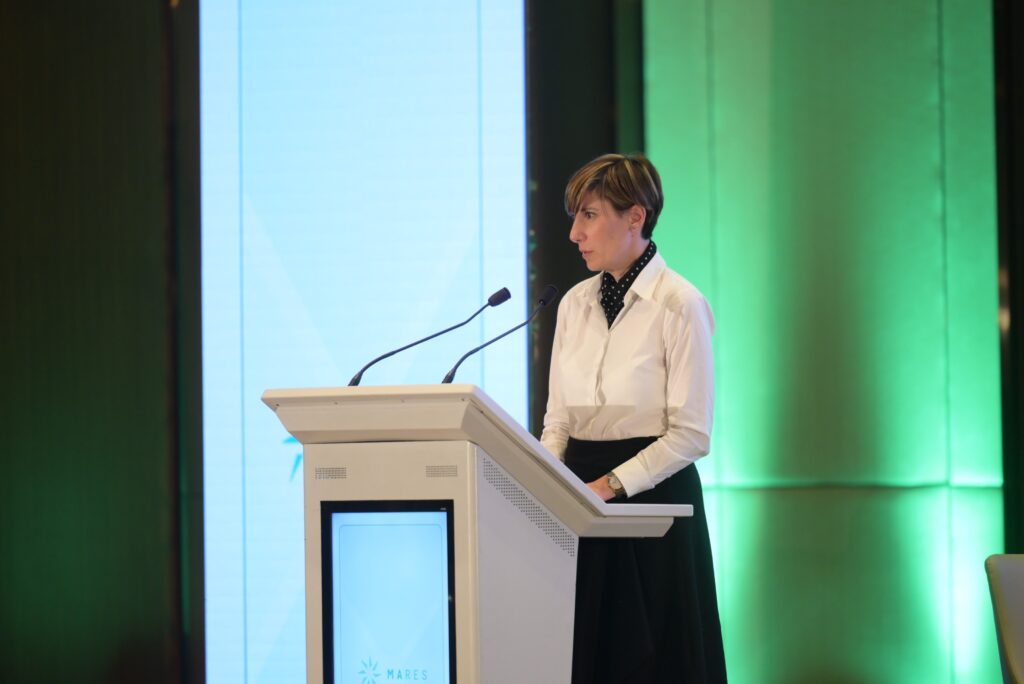
The MARES team would like to thank all speakers, panelists, and attendees for their participation in the MARES Conference 2024. Your contributions helped make the event a productive platform for discussing key challenges and solutions in the renewable energy sector. We are committed to supporting collaboration and working on initiatives that improve North Macedonia’s energy systems. We look forward to continuing these discussions and moving forward with practical solutions.
